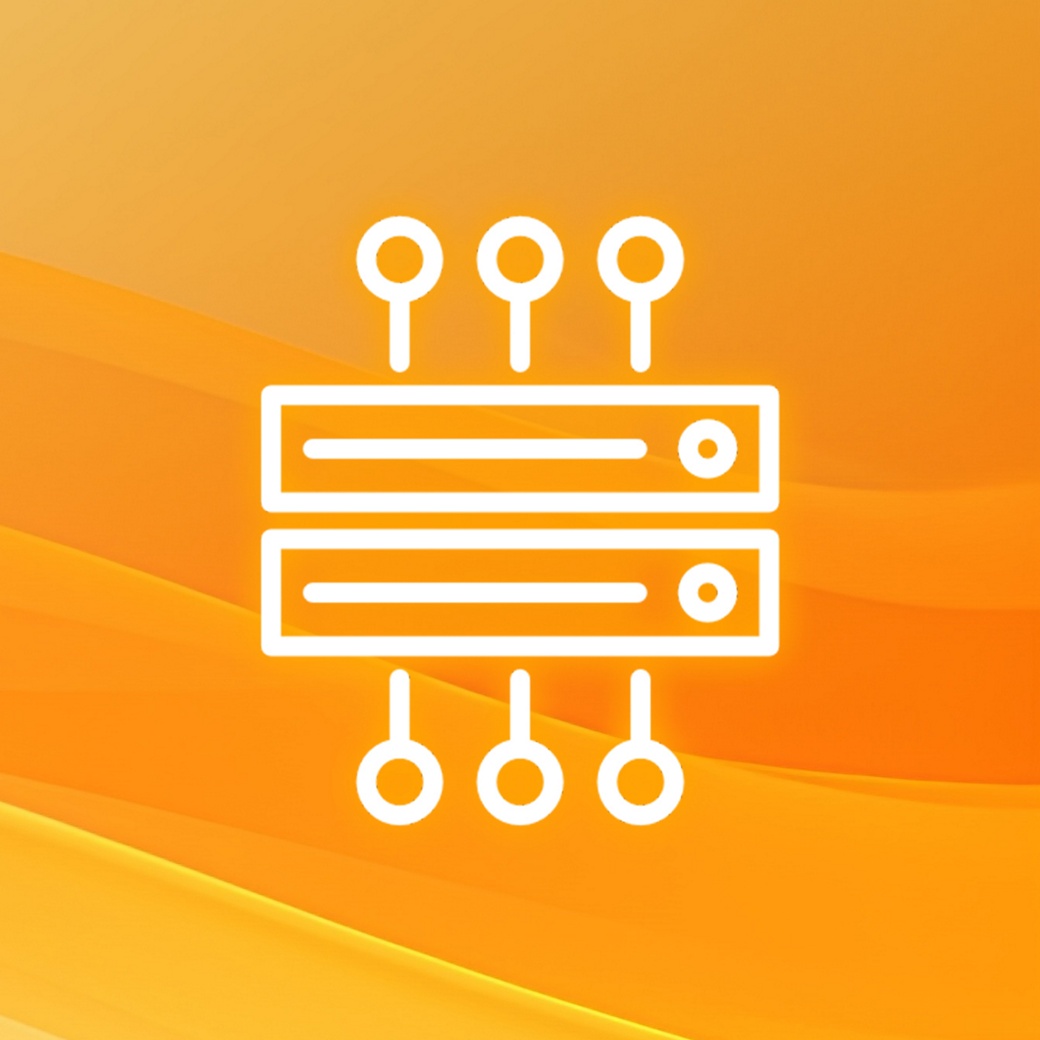At Continental, Artificial Intelligence cannot only be found in its products and services, but in many workplaces, everyday tasks, and overall business processes. AI enables us to automate repetitive duties and free up employees to spend more time with more creative, strategic, value-creating, and, ultimately, more rewarding tasks. AI technologies can help shorten the time needed for a specific process, provide vital support for better data-based decision making, mitigate risks in a hyper-complex environment and open up new business opportunities for both us as well as our customers.
This “democratization” of Artificial Intelligence offers opportunities for all business areas and along the entire value chain, from complex R&D processes to efficient production operations. We are convinced that, if we keep introducing and using AI technologies responsibly, sustainably, and deliberately, they will change our workplaces for the better.








